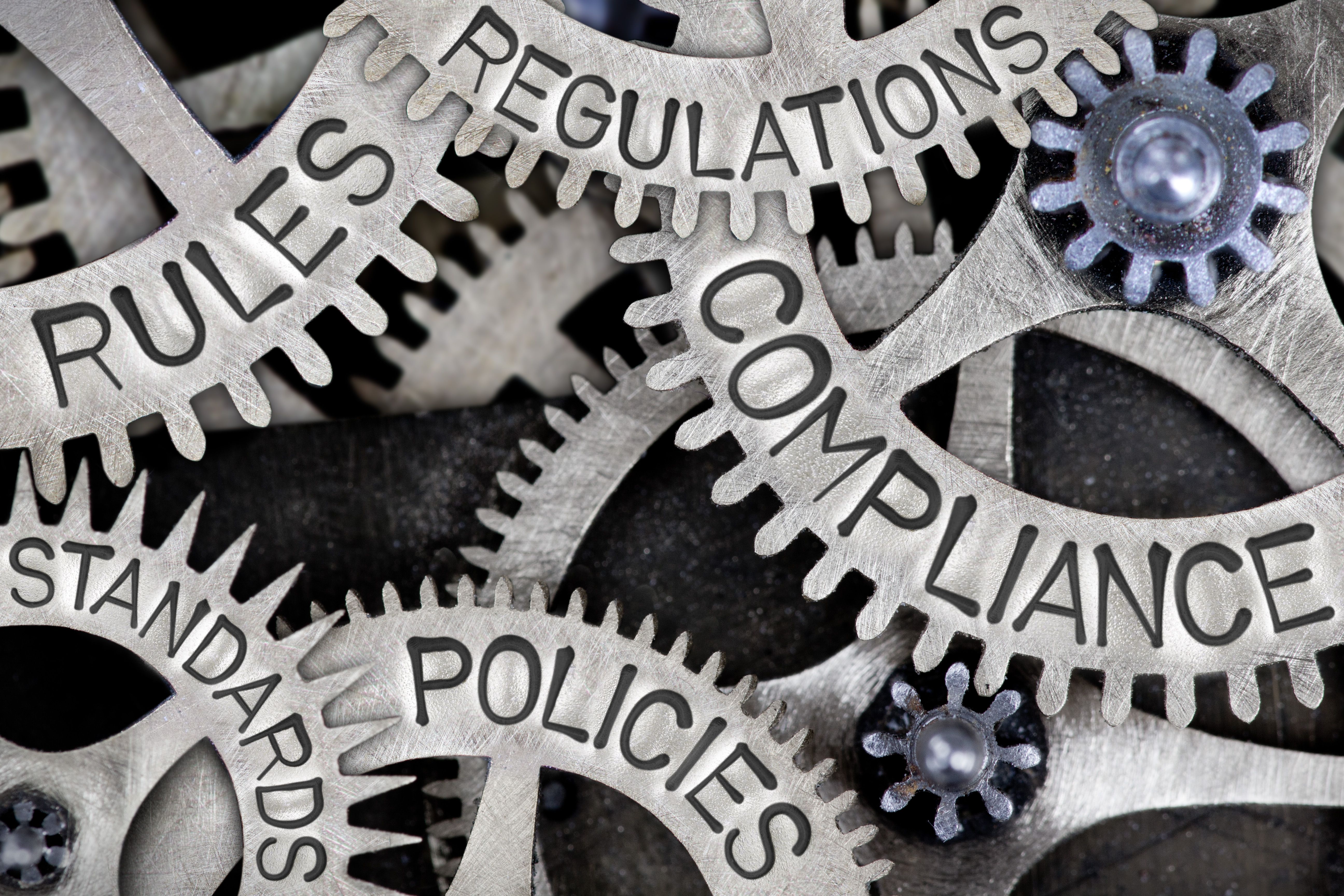Seizing Opportunities in Regulatory Changes: Innovate and Lead
Understanding Regulatory Changes
In today's dynamic business environment, regulatory changes are becoming increasingly common. These changes can be driven by a variety of factors, including technological advancements, shifts in consumer behavior, or evolving societal values. For many businesses, these changes may seem daunting at first glance. However, they also present unique opportunities for innovation and leadership.
Regulatory changes can affect multiple aspects of a business, from operations and product offerings to marketing strategies and customer interactions. Companies that are proactive in understanding and adapting to these changes can gain a significant competitive advantage.

Identifying Opportunities in Change
While regulatory changes can introduce challenges, they can also open up new avenues for growth and innovation. Businesses that view these shifts as opportunities rather than obstacles are better positioned to thrive. Here are some ways companies can seize opportunities in regulatory changes:
- Developing new products or services that comply with the latest regulations.
- Improving current processes to enhance efficiency and reduce costs.
- Strengthening brand reputation by demonstrating compliance and sustainability.
By staying informed and agile, businesses can turn regulatory changes into a catalyst for innovation.
Leveraging Technology for Compliance
Technology plays a crucial role in helping businesses navigate regulatory changes. Advanced software solutions can streamline compliance processes, reducing the burden on internal teams and ensuring that companies remain up-to-date with the latest requirements.
For instance, automated monitoring systems can track regulatory updates in real-time, providing businesses with timely insights to make informed decisions. This not only ensures compliance but also frees up resources for other strategic initiatives.

Building Strategic Partnerships
Another effective strategy for navigating regulatory changes is building strategic partnerships with industry experts and stakeholders. Collaborating with legal advisors, trade associations, and other businesses can provide valuable insights and resources to manage compliance effectively.
Such partnerships can also facilitate knowledge sharing and foster innovation by pooling expertise and resources. Businesses that actively engage with their networks are often better equipped to anticipate changes and respond effectively.
Training and Empowering Teams
Empowering employees with the right knowledge and skills is essential for navigating regulatory changes successfully. Regular training sessions help teams stay informed about new regulations and understand how they impact their roles and responsibilities.
Encouraging a culture of continuous learning and adaptability can lead to more innovative solutions and improved compliance across the organization. When employees feel confident in their understanding of regulations, they are more likely to contribute valuable ideas and initiatives.

Adapting Marketing Strategies
Regulatory changes often require adjustments to marketing strategies. Whether it's updating product labeling, revising advertising content, or engaging consumers through new channels, businesses must remain flexible and responsive to maintain their market presence.
By aligning marketing efforts with regulatory requirements, companies can build trust with consumers, enhance brand credibility, and avoid potential legal pitfalls. Proactive communication with customers about regulatory compliance can also strengthen customer relationships.
The Road Ahead
The landscape of business regulations will continue to evolve, presenting both challenges and opportunities. Companies that approach these changes with a proactive mindset, leveraging technology, strategic partnerships, and skilled teams, will be best positioned to innovate and lead in their industries.
By viewing regulatory changes as a chance to improve and differentiate, businesses can not only survive but thrive in an ever-changing world. The key is to stay informed, be adaptable, and seize the opportunities that lie within every change.
